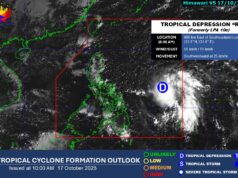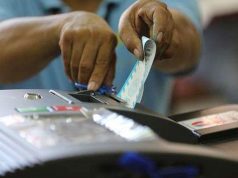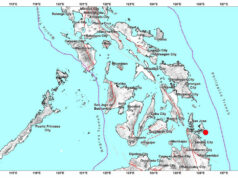PBSP says Mindanao LGUs need to shape up to draw investors
DAVAO CITY — The Philippine Business for Social Progress (PBSP), a corporate-led non-profit foundation, has urged local leaders in Mindanao to improve governance standards and take initiatives that will strengthen their direct participation in development and investment projects.
PBSP Chair Miguel Rene A. Dominguez, a former governor of Sarangani province, said local governments — provincial, city, and municipal levels — need to show potential investors that their respective areas are ready to host business ventures.
“They (LGUs) need to be able to institute reforms and other policy initiatives geared toward the building of confidence among investors,” said Mr. Dominguez at the sidelines of last Friday’s launching of the Mindanao Jobs Report (MJR) here.
He pointed out that although Mindanao has vast growth areas for agriculture, farmers have remained poor because they cannot increase productivity and need capital support for better technology and market links.
LGUs, Mr. Dominguez said, can create an attractive investment landscape and help farmers convince investors that they can grow their capital in their localities.
The PBSP, in partnership with the Mindanao Development Authority, launched in 2014 an inclusive development program to encourage investors to consider possibilities in Mindanao, especially in areas outside the established urban and growth zones.
NEW PROGRAM
Meanwhile, the World Bank and the Philippine government are crafting a new program, similar to the Mindanao Rural Development Program (MRDP), that will serve as another mechanism for bringing growth in the rural areas.
Mara K. Warwick, World Bank country director for the Philippines, Brunei, Malaysia, and Thailand, said the proposed program is “still in the initial stages” with ongoing discussions with the Department of Agriculture (DA).
The DA was the lead agency in the implementation of the MRDP, which has now been upscaled into the Philippine Rural Development Project (PRDP).
Ms. Warwick said while similar to the MRDP, “there will always be differences” for the new one, which would be largely based on the Mindanao Jobs Report.
The study recommends a focus on increasing agricultural productivity and boosting human capital.
The MRDP was aimed at addressing poverty in the rural areas of Mindanao by putting in place key infrastructure interventions like farm-to-market roads and irrigation systems, enterprise components and environmental preservation initiatives.
Under the program, LGUs needed to apply for funding for their projects as well as provide a minimal financial counterpart for implementation. — Carmelito Q. Francisco



